

Orthopedic surgeons are doctors who specialize in the musculoskeletal system - the bones, joints, ligaments, tendons, and muscles that are so essential to movement and everyday life.
Orthopaedic surgeons specialise in surgical treatments for problems caused by disease and injury (trauma) in the bones, joints and other structures involved in making the body move. Most orthopaedic surgeons specialise in particular procedures or areas of the body.
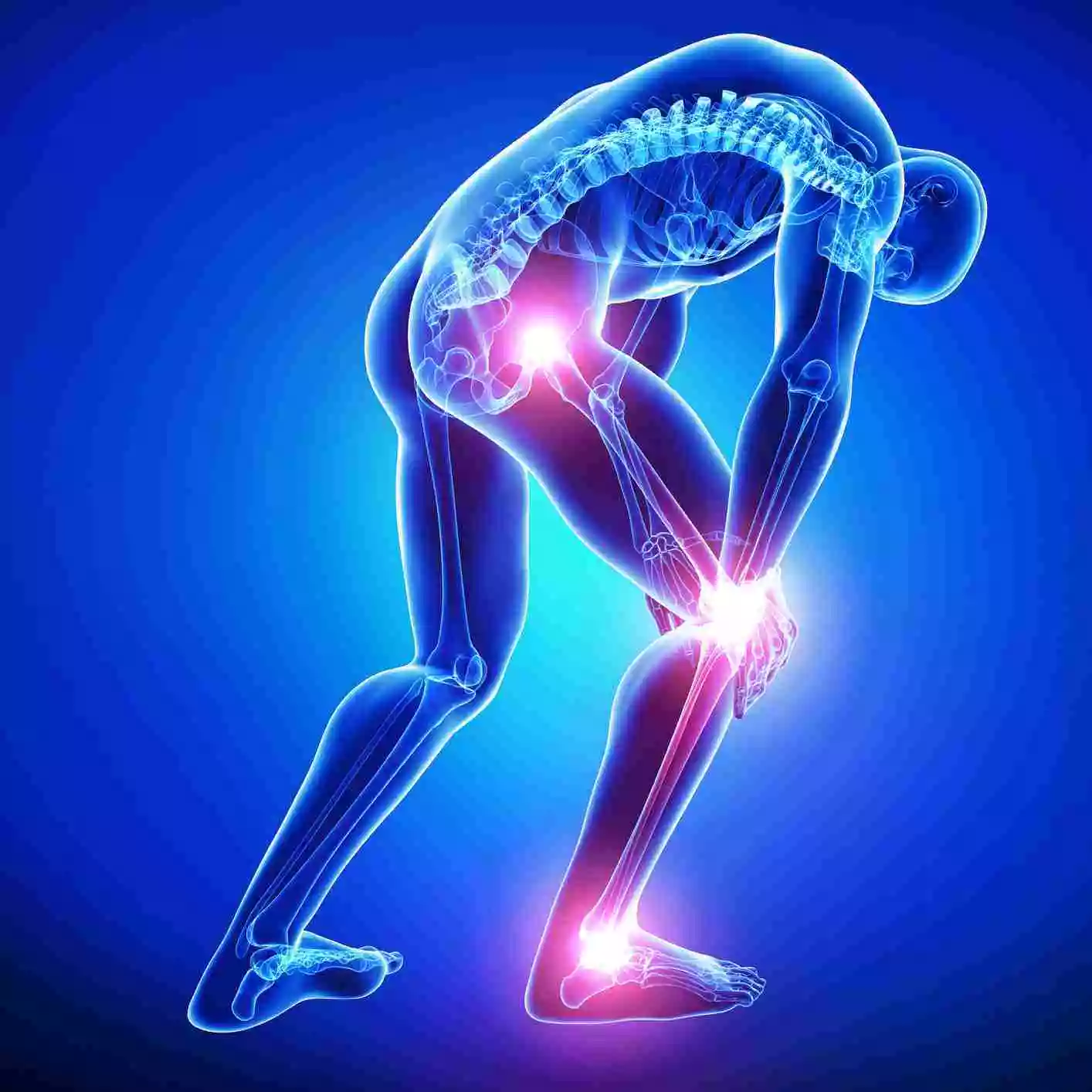
Director
A general surgeon is a physician who has been educated and trained in the diagnosis and preoperative, operative, and postoperative management of patient care.
General surgeons are doctors who specialize in surgical procedures. Surgery is any procedure that alters body tissues to diagnose or treat a medical condition. A general surgeon is part of a surgical team that also includes an anesthesiologist, nurses, and surgical technicians
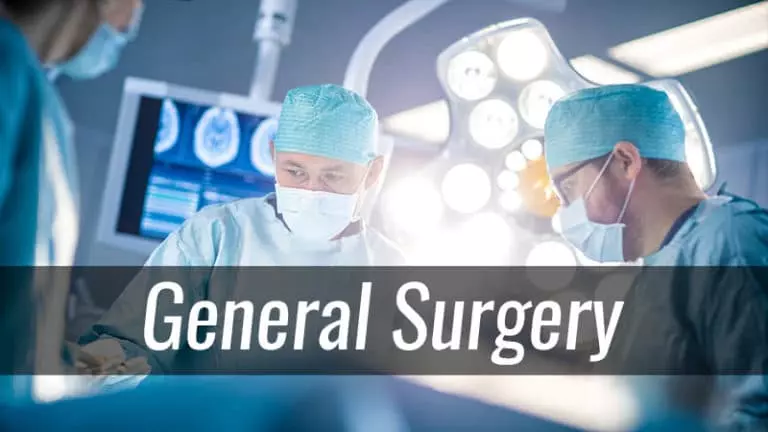
GEN. SURGEON
An oncologist is a doctor who treats cancer and provides medical care for a person diagnosed with cancer. An oncologist may also be called a cancer specialist. The field of oncology has 3 major areas based on treatments: medical oncology, radiation oncology, and surgical oncology.
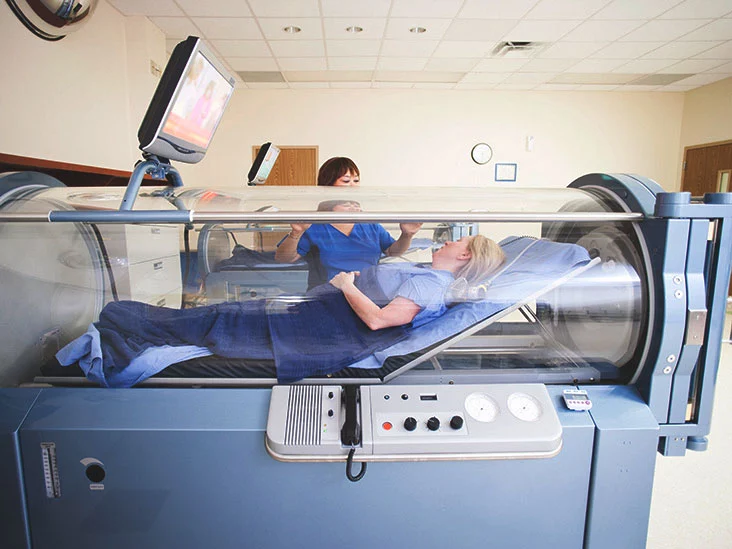
Onco Surgeon, Director
Onco Surgeon
Physicians and surgeons diagnose and treat injuries or illnesses and address health maintenance. Physicians examine patients; take medical histories; prescribe medications; and order, perform, and interpret diagnostic tests. They often counsel patients on diet, hygiene, and preventive healthcare
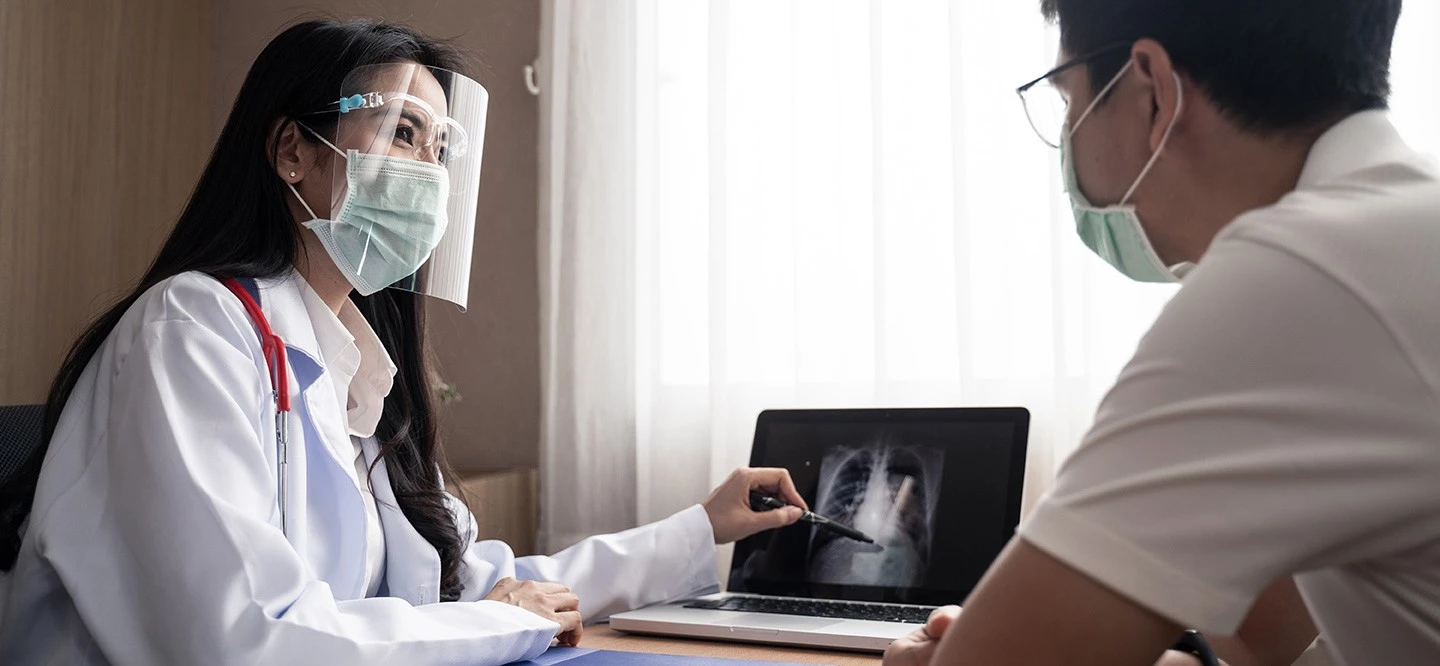
PHYSICIAN
PHYSICIAN
Plastic surgery is a surgical specialty involving the restoration, reconstruction, or alteration of the human body.
It can be divided into two main categories: reconstructive surgery and cosmetic surgery. Reconstructive surgery includes craniofacial surgery, hand surgery, microsurgery, and the treatment of burns.
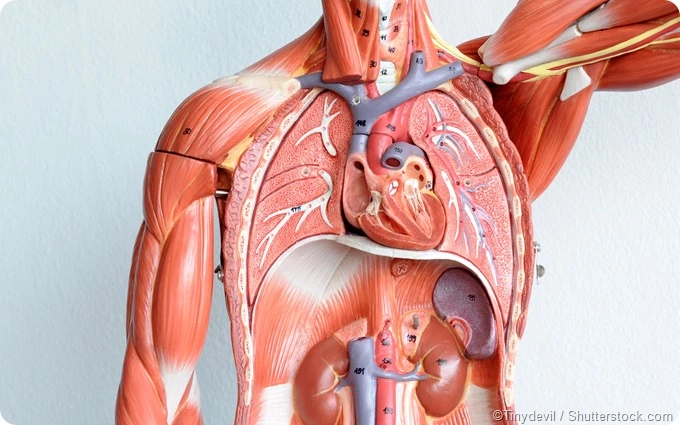
CHEST PHYSICIAN
CHEST PHYSICIAN
Plastic surgery is a surgical specialty involving the restoration, reconstruction, or alteration of the human body.
It can be divided into two main categories: reconstructive surgery and cosmetic surgery. Reconstructive surgery includes craniofacial surgery, hand surgery, microsurgery, and the treatment of burns.
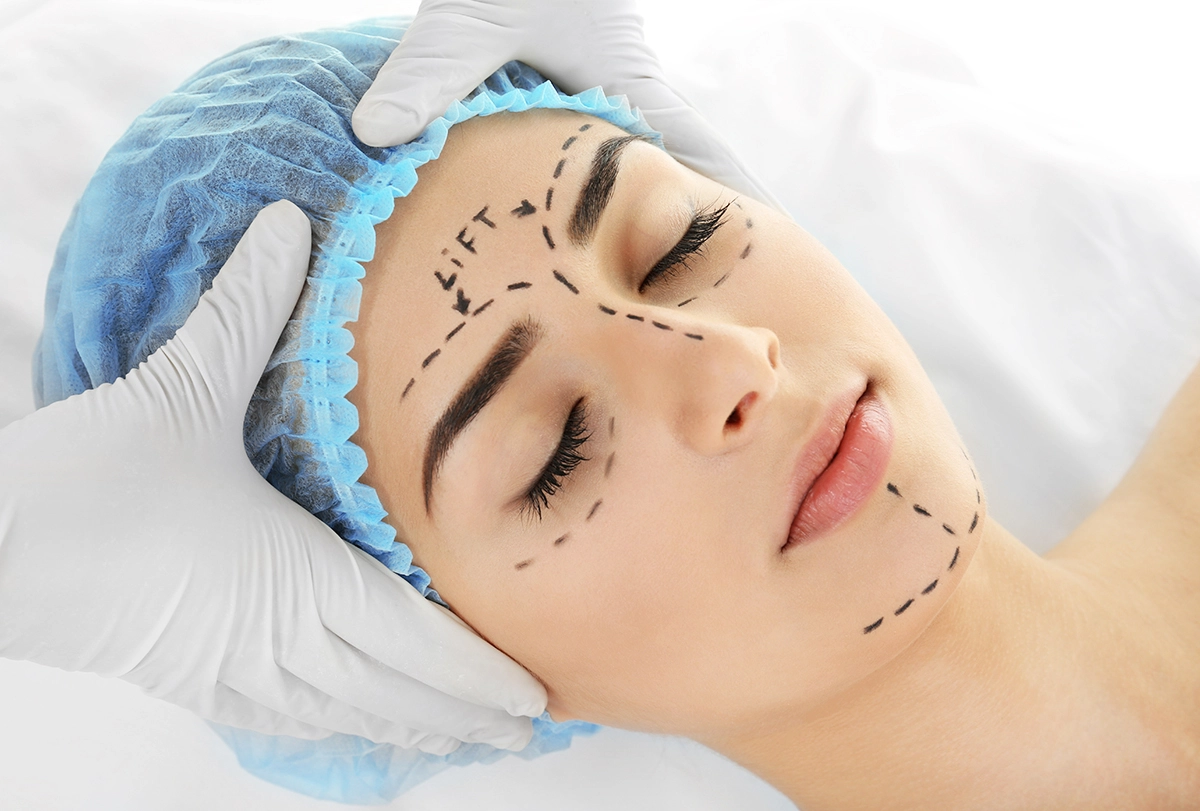
PLASTIC SURGEON
PLASTIC SURGEON
Nephrology is the subspecialty of internal medicine that focuses on the diagnosis and treatment of diseases of the kidney.
Sometimes called renal medicine, nephrology is a specialty within the internal medicine field related to kidney care. It is often connected with hypertension or high blood pressure. Nephrologists are medical professionals who diagnose, treat, and manage acute and chronic kidney problems and diseases.
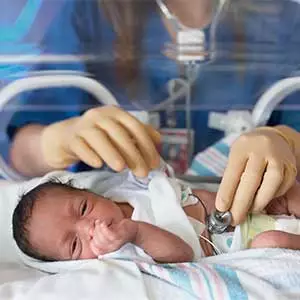
NEPHROLOGIST
A laparoscope is a modified endoscope used for keyhole surgery (also referred to as laparoscopic surgery).
Laparoscopic surgery requires only a small incision and can be used for appendectomies (removal of the appendix), hysterectomies (removal of the uterus) and prostatectomies (removal of prostate tissue).
Endoscopy is a medical procedure that allows a doctor to observe the inside of the body without performing major surgery. An endoscope (fibrescope) is a long flexible tube with a lens at one end and a video camera at the other. The end with the lens is inserted into the patient.
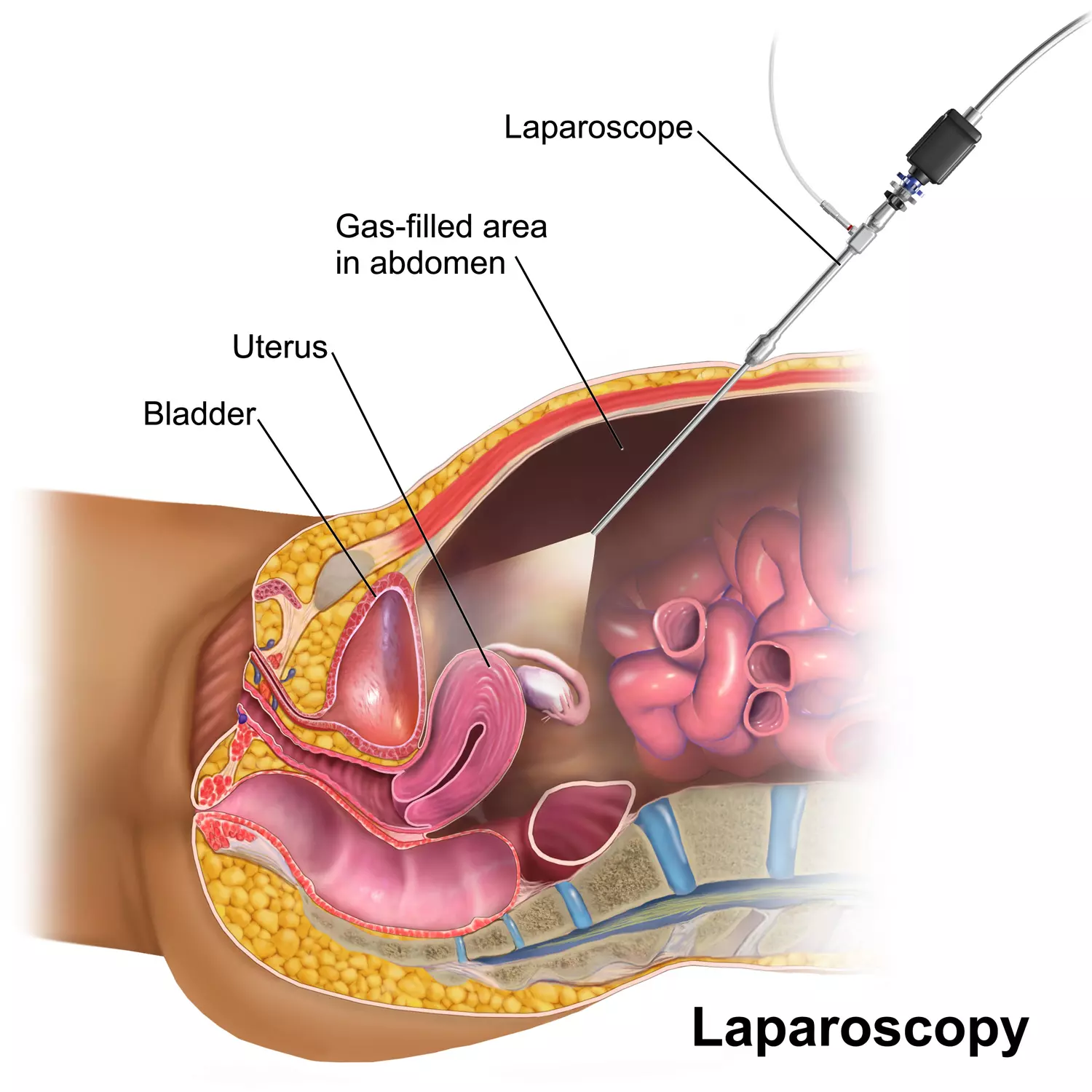
LAPROSCOPIC & ENDOSCOPY SURGEON
LAPROSCOPIC & ENDOSCOPY SURGEON
LAPROSCOPIC & ENDOSCOPY SURGEON
If a person has symptoms of a heart condition, their physician may refer them to a cardiologist.
Cardiology is the study and treatment of disorders of the heart and the blood vessels. A person with heart disease or cardiovascular disease may be referred to a cardiologist.Heart disease relates specifically to the heart, while cardiovascular disease affects the heart, the blood vessels, or both.
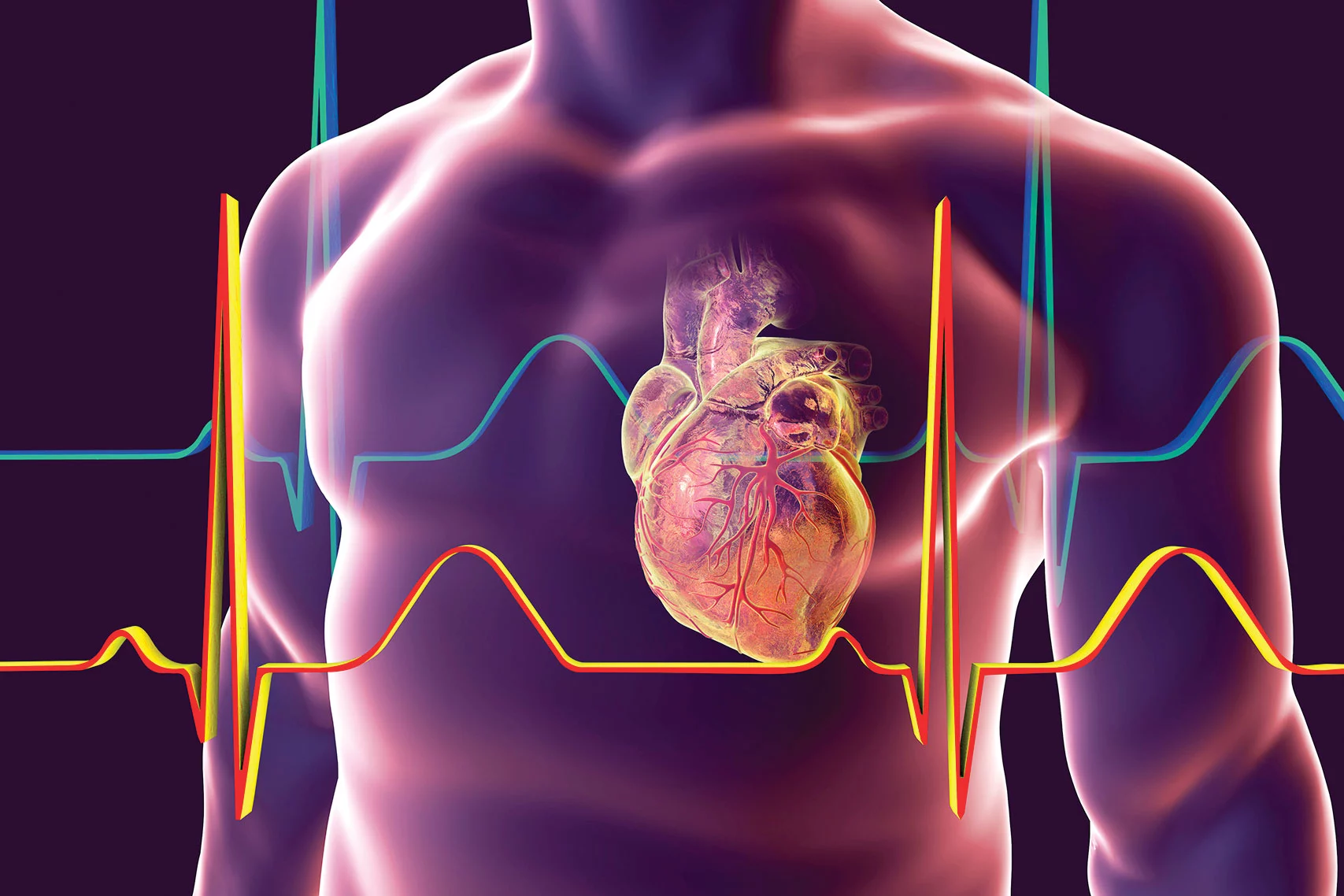
CARDIAC SURGEON
Neonatology is a subspecialty of pediatrics that consists of the medical care of newborn infants, especially the ill or premature newborn. It is a hospital-based specialty, and is usually practised in neonatal intensive care units (NICUs).
Neonatologists generally provide the following care: Diagnose and treat newborns with conditions such as breathing disorders, infections, and birth defects. Coordinate care and medically manage newborns born premature, critically ill, or in need of surgery

NEONATOLIGIST
NEONATOLIGIST
Neurologists treat any disease of the body’s systems that affects neurological function. High blood pressure, for example, is a cardiac problem, but if it causes a stroke (a sudden loss of blood supply to the brain) the problem becomes a neurological one as well.
Neurologists diagnose, treat and manage disorders that affect the central nervous system (the brain and spinal cord) and the peripheral nervous system (nerves and muscles which activate movement and transmit sensation from all parts of the body to the brain).
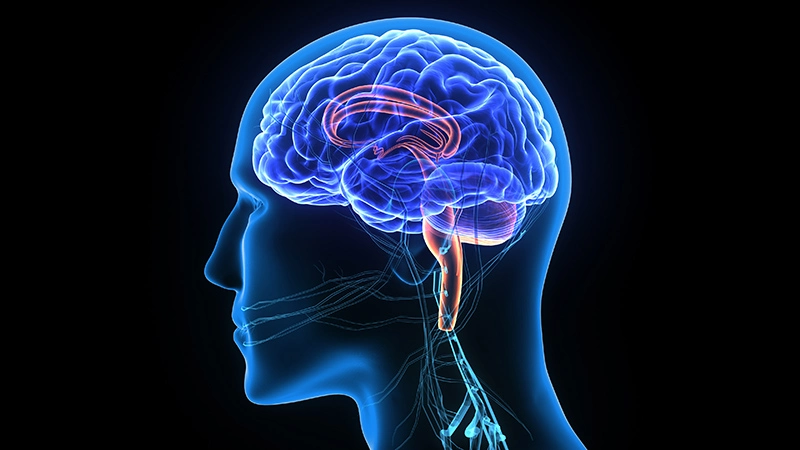
NEURO SURGEON
NEURO SURGEON
Ophthalmology is a branch of medicine dealing with the diagnosis, treatment and prevention of diseases of the eye and visual system.
An ophthalmologist is a physician who specializes in ophthalmology.[3] The credentials include a degree in medicine, followed by additional four to five years of residency training in ophthalmology. Residency training programs for ophthalmology may require a one-year internship with training in internal medicine, pediatrics, or general surgery. Additional specialty training (or fellowship) may be sought in a particular aspect of eye pathology.
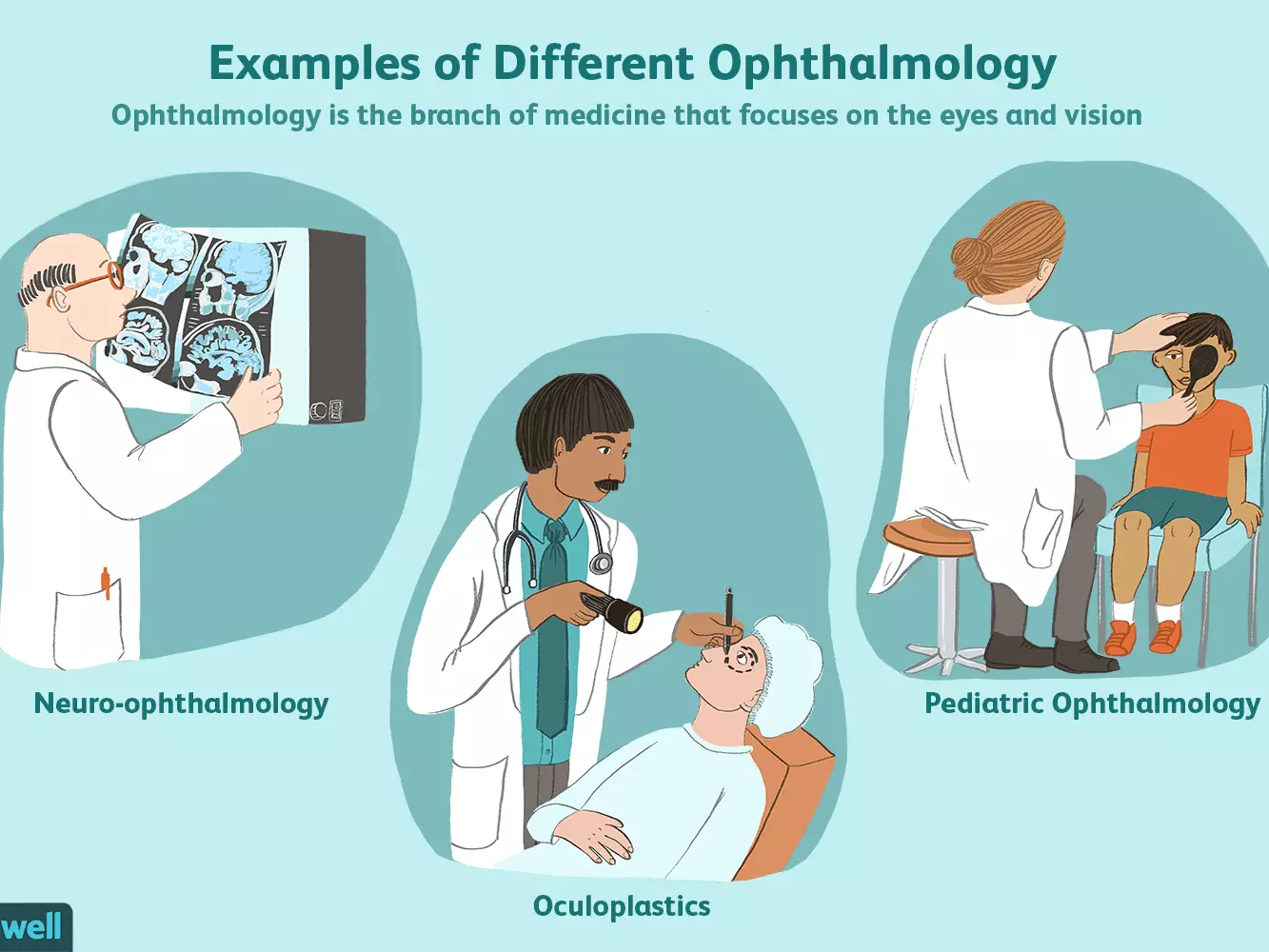
OPTHALMOLOGIST
Psychology is the science of mind and behavior. Psychology includes the study of conscious and unconscious phenomena, including feelings and thoughts.
Psychologists can help people learn to cope with stressful situations, overcome addictions, manage their chronic illnesses, and tests and assessments that can help diagnose a condition or tell more about the way a person thinks, feels, and behaves.

PSYCHIATRIST
The field of dentistry or dental medicine includes teeth as well as other aspects of the craniofacial complex including the temporomandibular joint and other
A general dentist is your primary care dental provider. ... All practicing general dentists have earned either a DDS or DMD degree (doctor of dental surgery or doctor of dental medicine, respectively).
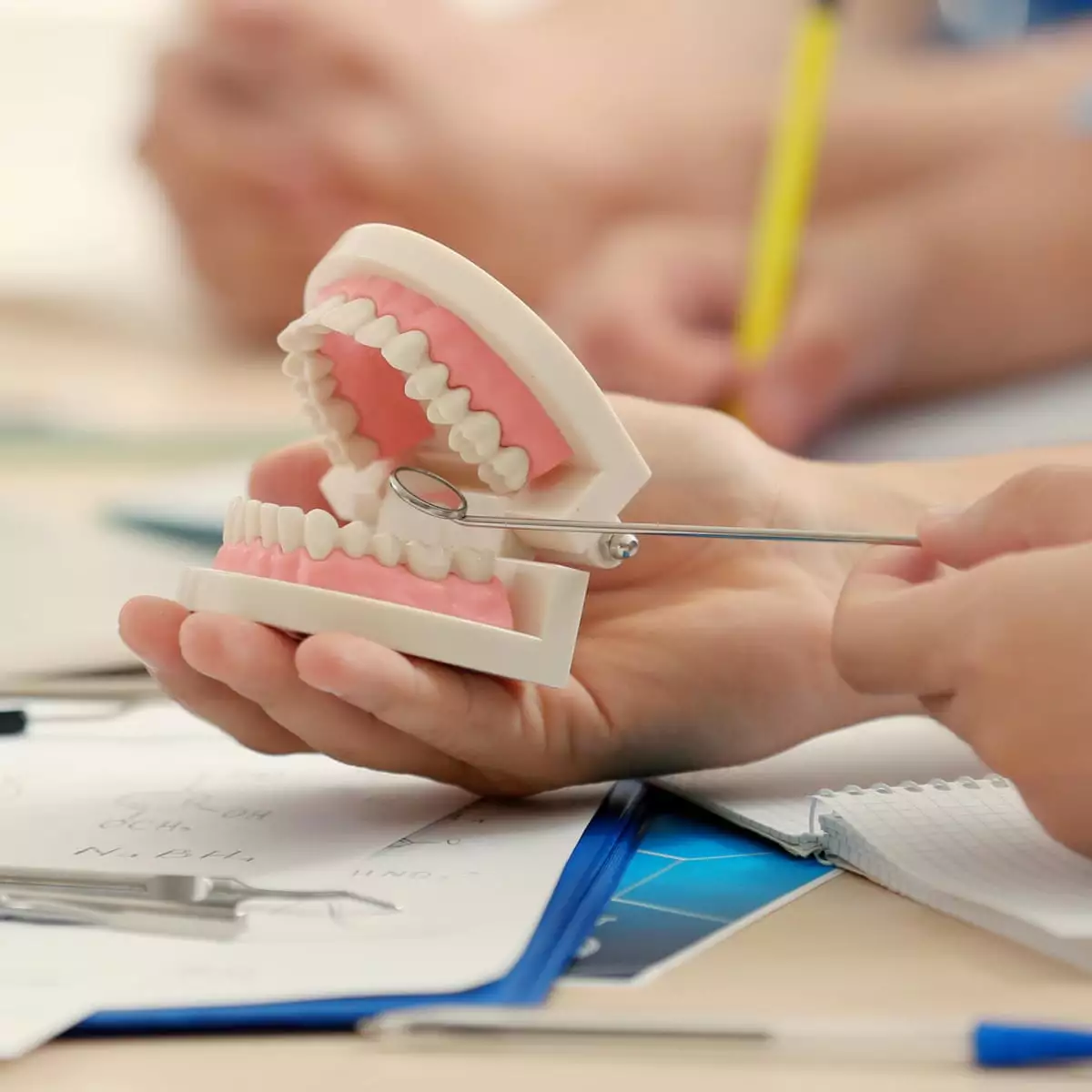
DENTAL SURGEON
DENTAL SURGEON
Pediatric cardiologists specialize in diagnosing and treating heart problems in children.
In those children who might need heart surgery, pediatric cardiologists work closely with pediatric heart surgeons to determine the best treatments and interventions.Paediatric cardiologists are doctors who diagnose and treat children with cardiac (heart) conditions.
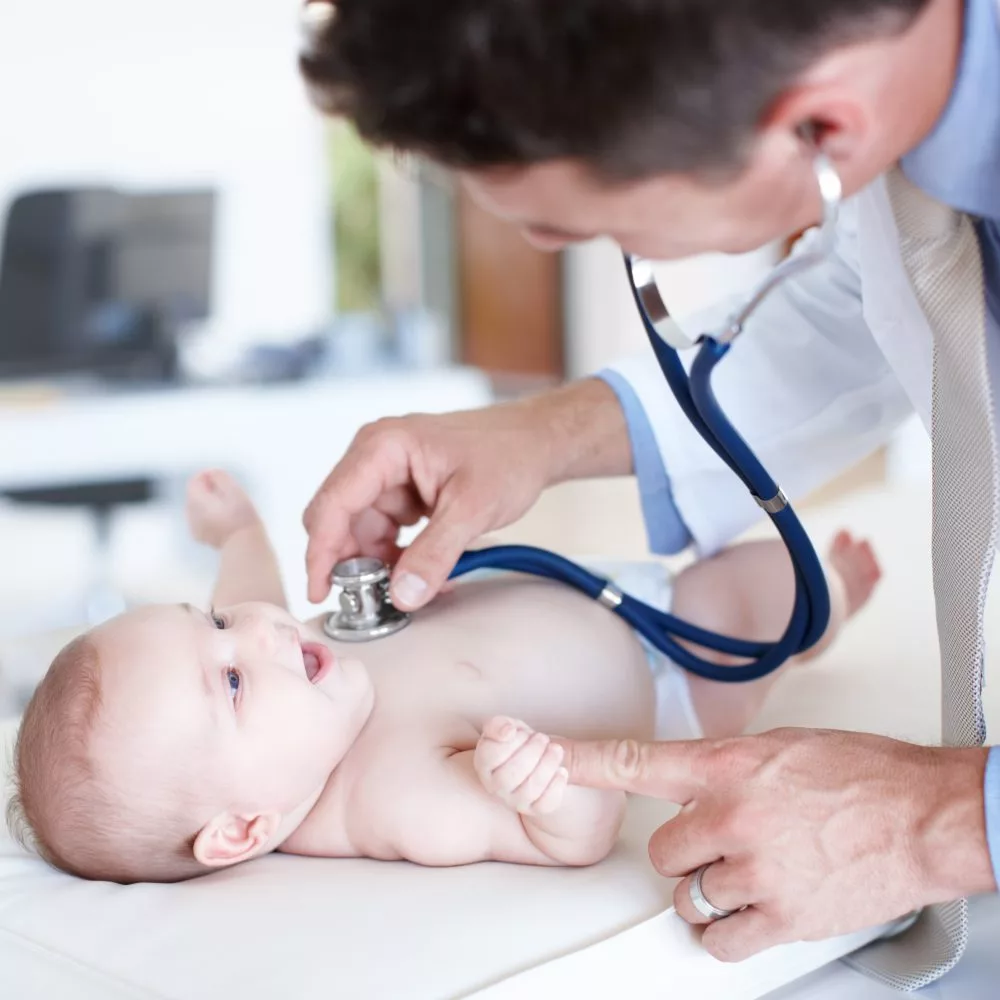
PEADIATRIC CARDIOLOGIST
ANESTHESIOLOGY is the highest-impact, peer-reviewed medical journal that publishes trusted evidence that transforms the practice of perioperative.
Anesthesiology is the medical specialty concerned with the total perioperative care of patients before, during and after surgery. It encompasses anesthesia, intensive care medicine, critical emergency medicine, and pain medicine. A physician specialized in anesthesiology is called an anesthesiologist.
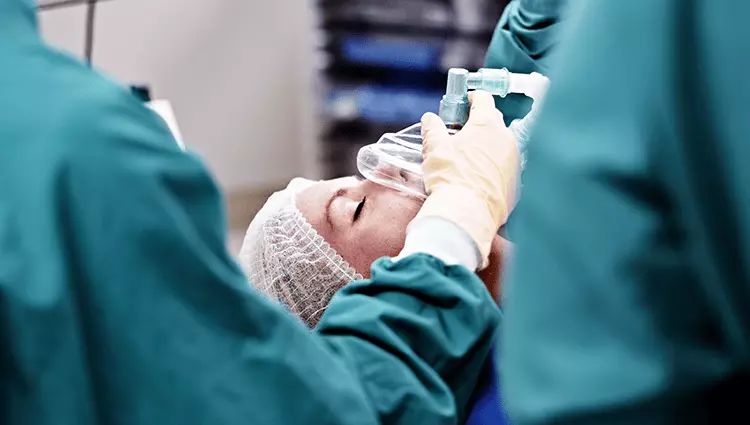
ANETHESIOLOGY
ANETHESIOLOGY
ANETHESIOLOGY
ANETHESIOLOGY
Pediatrics is the branch of medicine dealing with the health and medical care of infants, children, and adolescents from birth up to the age of 18
A paediatrician is a child's physician who provides not only medical care for children who are acutely or chronically ill but also preventive health services for healthy children. A paediatrician manages physical, mental, and emotional well-being of the children under their care at every stage of development, in both sickness and health.

PEADIATRICIAN
PEADIATRICIAN
Pulmonology is the field of medicine that focuses specifically on the respiratory system.
A pulmonologist is a physician who specializes in the respiratory system. From the windpipe to the lungs, if your complaint involves the lungs or any part of the respiratory system, a pulmonologist is the doc you want to solve the problem. Pulmonology is a medical field of study within internal medicine.
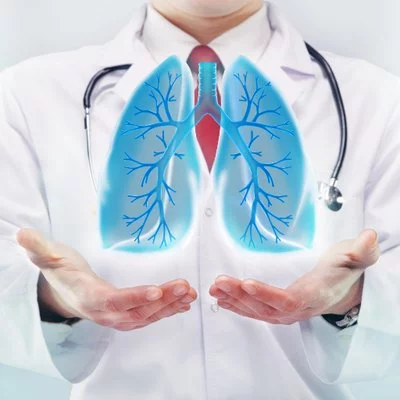
Director
Physiotherapists help people affected by injury, illness or disability through movement and exercise, manual therapy, education and advice.
Physical therapy, also known as physiotherapy, is one of the allied health professions. It is provided by physical therapists who promote, maintain, or restore health through physical examination, diagnosis, prognosis, patient education, physical intervention, rehabilitation, disease prevention and health promotion.
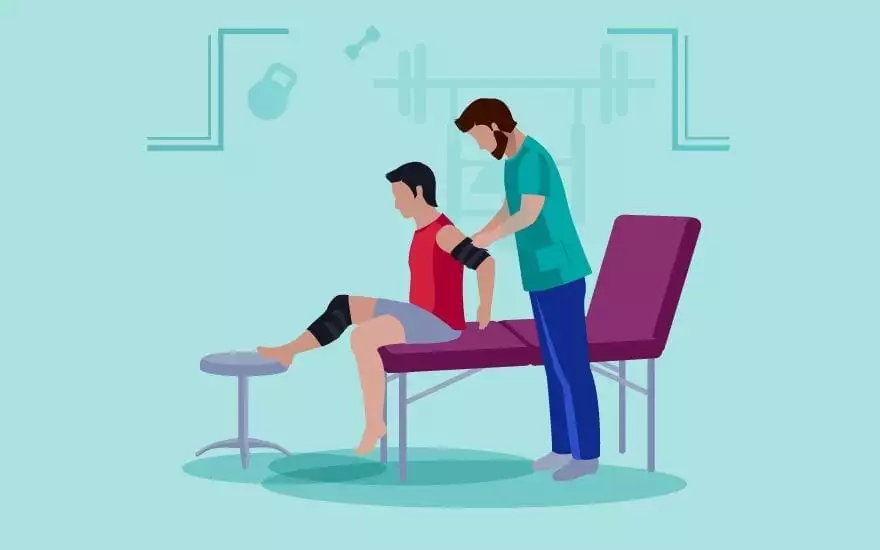
Director
the branch of physiology and medicine which deals with the functions and diseases specific to women and girls, especially those affecting the reproductive system.
Gynecologists give reproductive and sexual health services that include pelvic exams, Pap tests, cancer screenings, and testing and treatment for vaginal infections. They diagnose and treat reproductive system disorders such as endometriosis, infertility, ovarian cysts, and pelvic pain.
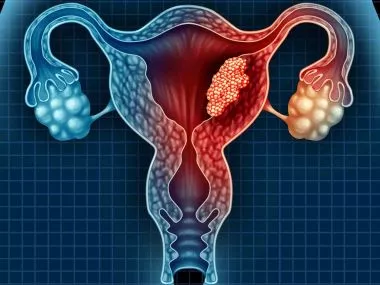
GYNACOLOGIST
GYNACOLOGIST
GYNACOLOGIST
GYNACOLOGIST
GYNACOLOGIST
Urologists (also known as urological surgeons) treat problems of the female urinary system and the male genitourinary tract. They diagnose and treat disorders of the kidneys, ureters, bladder, prostate and male reproductive organs.
Urologists are surgeons, but much of their work also involves the medical management of conditions or disease without surgery. They work with patients of all ages from babies and children to elderly people. Conditions treated include disorders of the:
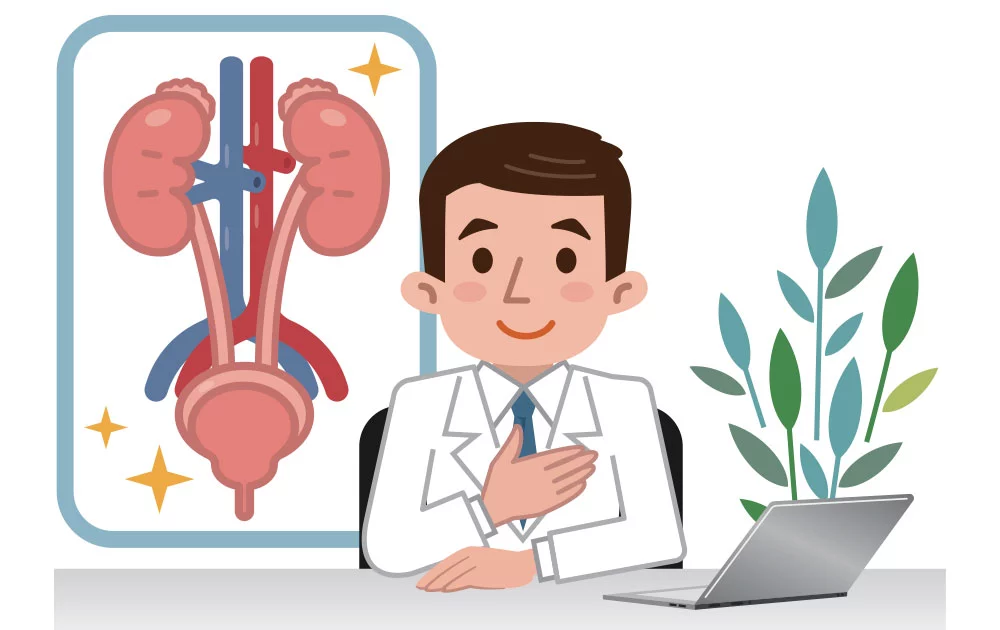
UROLOGIST